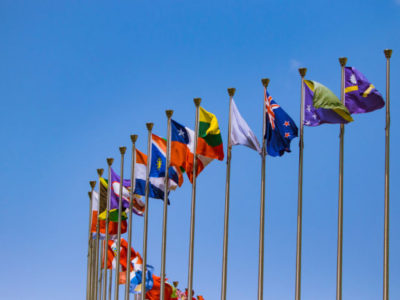Sustainability is a broad concept that generally means meeting current needs without compromising the ability of future generations to meet their own needs.
And research shows that people in different regions of the world think about sustainability in terms of the pressing environmental needs of that region. Here are examples of how people from various countries perceive sustainability from Lantana’s Sustainability Index:
- United States – it means finding new ways to help maintain the planet.
- Europe – it means creating long-lasting products.
- China – it means reducing air and water pollution.
- Brazil – it means preventing deforestation.
- Indonesia – it means reducing plastic waste in our oceans.
Further, the World Federation of Advertisers research shows that consumers in countries facing severe environmental threats are most willing to pay a premium for sustainable goods (compared to non-sustainable options). And they will boycott brands that they don’t perceive as sustainable. This finding makes sense. Customers in those nations already feeling the pain of environmental impact are willing to pay more for products that won’t make their situation worse and may improve it.
The World Economic Forum’s Environmental Performance Index tracks the ecosystem health and vitality of 180 countries. In the 2020 Index, European nations have the best health and vitality, occupying the top 11 spots. The United States ranks 24, Brazil ranks 55, Indonesia ranks 116, and China ranks 120.








